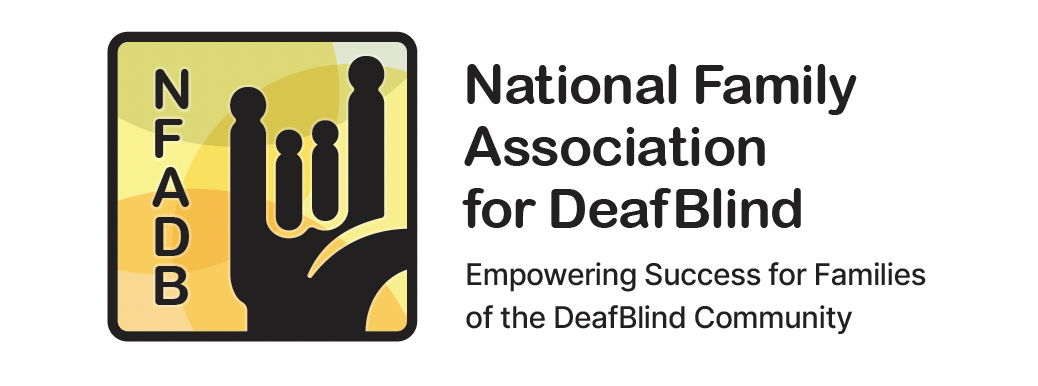- Welcome
- What We Do
- Provide Information and Resources
- Healthcare Resources
HEALTH CARE RESOURCES |
NFADB was pleased to be part of the “Got Transition” webinar event on transition from pediatric medical health care to adult medical health care, on October 20, 2021. NFADB became involved after the National Alliance to Advance Adolescent Health was awarded a grant in 2018 and asked 10 national organizations to identify a representative to join an advocacy group. Becky Harmon, one of NFADB’s lifetime members and the secretary to the NFADB Affiliate DBMAT of Texas, volunteered. Annie Schmidt, from Got Transition, and Allysa Ware from Family Voices, both Advisory Group Co-Chairs, were presenters for this event. |
In an effort to improve accessibility of care, the Centers for Medicare & Medicaid Services Office of Minority Health recently released Getting the Care You Need: A Guide for People with Disabilities. It describes health care best practices, legal protections, and appointment checklists for individuals with disabilities. The guide is currently available in eight languages, including Arabic, Chinese, English, Haitian Creole, Korean, Russian, Spanish, and Vietnamese, as well as Braille. Get the Guide here |
WHAT IS HEALTH CARE TRANSITION? Health care transition (HCT) is the process of getting your youth ready for health care as an adult. During childhood, we usually help with health and health care needs—calling to set up appointments, filling out forms, and keeping track of medications. As our youth gets older, managing those needs becomes their own responsibility. Achieving this independence requires an organized transition process for them to gain independent health care skills, prepare for an adult model of care, and transfer to new clinicians. |
Got Transition and its National Family Health Care Transition Advisory Group have developed a new toolkit for families to use to guide their youth’s transition from pediatric to adult health care and help them assume more independence in taking care of their own health and using health services. The Family Toolkit includes easy-to-use resources for youth and families, including a transition timeline, questions to ask your doctor, what turning 18 means for one’s health, and more.
|

